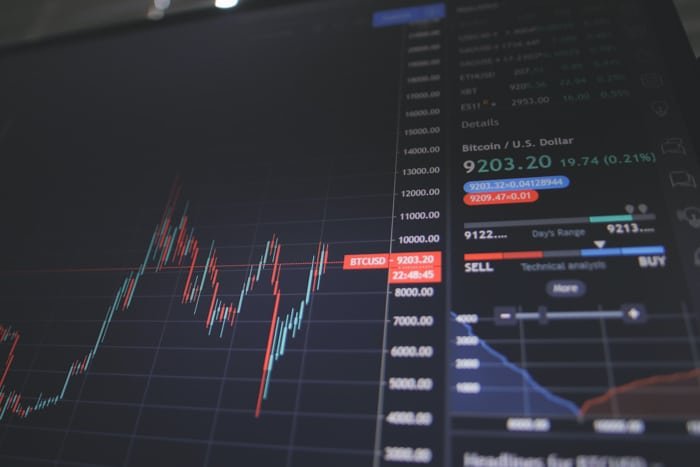In a race to meet emissions levels set by the Australian government, industries have rushed to purchase AACU carbon credits, causing offset prices to jump 75%. Prices are currently at an all-time high of $29.50 (up from $16.52 at the start of 2021).
The COP26 summit, which is scheduled to start at the end of this month, is another reason behind the surge. Most nations feel behind on meeting targets, so credits have become limited as more and more purchases occur. For example, EU carbon prices have soared this year as well, costing $69.39 per ton.
ACCU’s are issued by The Clean Energy Regulator, which is expecting to issue 17 million ACCUs this year (an increase from 16 million last year). Though there is a shortage now, ACCU anticipates growth as they partner with farmers for reforestation and soil carbon projects. Carbon capture and storage projects have also been approved to generate credits.
The global carbon market is expected to reach $22 trillion by 2050, which isn’t surprising. Carbon credits provide an opportunity to offset emissions, improve the environment, and spark economic development, which is why international interest has increased.
According to Bret Harper, the Director of Research for Reputex – Australia’s leading provider of research, pricing, and advisory services for the local energy and environmental markets, “There’s unanticipated demand creating a scramble for credits.”
Harper went on to say that the “Demand for these credits just keeps going up and up and up as more entities realize what it’s going to take to get to net zero. I think demand will do nothing but increase broadly.”
There’s no doubt that technological advances are needed to reduce carbon emissions. However, when innovation, regulation, and carbon offsets work together to achieve net-zero emissions, the world’s 2050 goals may very well be possible.

